Preparing your company for your incapacity or death is vital to the enterprise’s survival. Otherwise, your business will be disrupted, harming your customers, employees, vendors, and family. Proactive financial planning — including your business and your estate plan — is critical. Below are tips on protecting your company and keeping the business on track and operating in your absence.
Preparing for the Unexpected
If you are a small business owner, your focus is likely on keeping the company running. While this is important, looking beyond today to what will happen if you can’t run your business must be at the top of your to-do list. If you die or become incapacitated without a plan, you will leave your heirs without clear instructions on running your company. This can jeopardize the business you worked so hard to build. The right strategy and adequate insurance can help keep your business running regardless of what happens.
Execute the Proper Business Documents
If your company has several owners, a buy-sell agreement is a must. This contract will outline the business’s agreed-upon plan should an owner become incapacitated or die. Provisions in the buy-sell agreement will include:
- how the sale price for the business and an owner’s interest are determined,
- whether the remaining owners will have the option to buy the incapacitated or deceased member’s interest, and
- whether certain people are blocked from participating in the business.
Execute the Proper Estate Planning Documents
A properly executed will or trust will allow you to state how you would like your assets transferred — and who will receive these assets — at your death. A will or a trust lets you name who will take charge of the assets and manage their disbursement (including your business accounts) according to your wishes.
Although a will can pass assets at death, creating and adequately funding a trust allows any assets owned by the trust to bypass the probate process making distribution of assets to heirs faster and private, and may cut the legal fees and estate taxes your heirs will owe.
Additionally, a trust can help your loved ones manage your trust assets if you become incapacitated. While you are alive and well, you typically act as the trustee of the trust, so you can manage your business and assets with little change from how you do now. But unlike a will, a trust allows your successor trustee to step in and handle things if you become incapacitated. This process avoids court involvement, allows for a smooth transition of trust management (which is very important if your business is an asset of your trust), and proper continuing care for you in your time of need. Although having a will is a great way to start, most business owners are better off with a trust-based estate plan.
Purchase Additional Insurance
Whether you own the business alone or are a co-owner, it is importessentialve separate term life insurance and a disability policy that names your spouse and children as beneficiaries. The money from these policies will help avoid financial hardship while the buyout procedures of a buy-sell agreement are carried out.
Contact an Estate Planning Attorney
Having a plan for your business if you cannot continue managing the company is essential to keep the company going. An attorney can explain the many options you have to protect your enterprise. This allows you to focus on what you do best — running your company. Call us today to get started protecting your business.
NOTICE: The information on this website does not constitute legal advice. You should not rely on any information without seeking the advice of a competent attorney licensed to practice in your jurisdiction. This website is both a communication and/or solicitation as defined by California Rules of Professional Conduct, rule 1-400. For further information, please click here.



